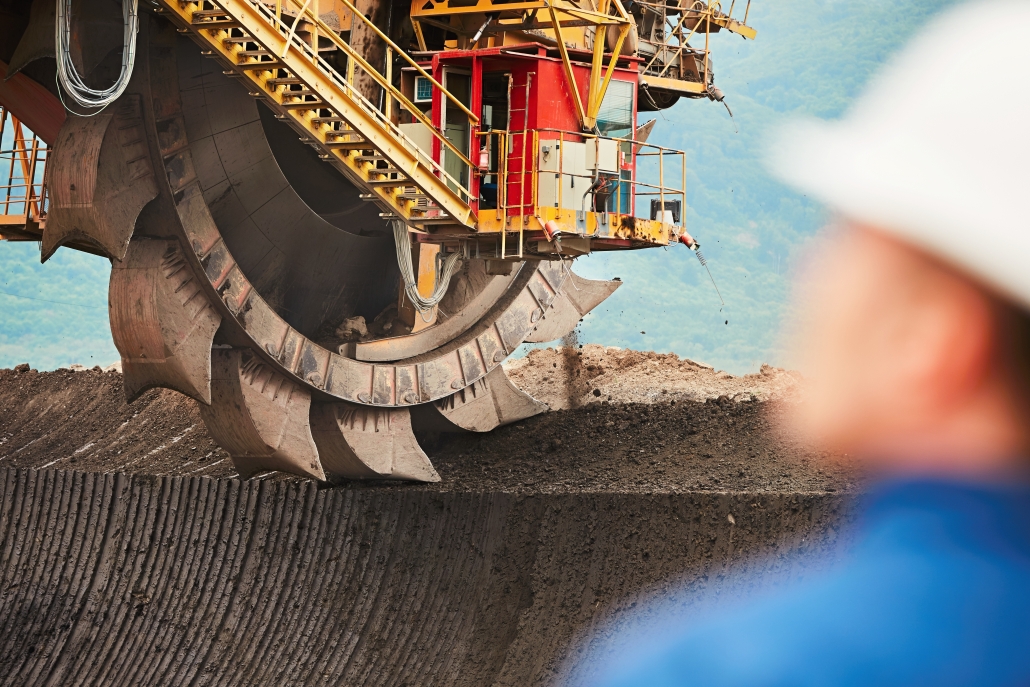The mining industry has always been associated with environmental disasters. However, this is now changing due to various reasons. Miners are therefore shifting towards sustainable practices because of concerns about climate change and resource depletion. A significant part of this transition revolves around the adoption of sophisticated tools aimed at improving material recovery and minimizing environmental impact.

Precision Extraction Technologies
Modern mining operations demand precision and efficiency. Innovations such as laser-guided diggers and robotic miners have transformed the field. They allow the identification of minerals without causing disturbances in other areas, thereby leading to less damage to ecosystems. These systems minimize soil degradation as they decrease overburden removal while also reducing waste generation thanks to their accuracy, thus efficiently using resources.
Enhanced Material Recovery Systems
Sustainable mining requires maximum mineral recovery. Another group of equipment includes modern equipment like advanced flotation cells, hydrocyclones, and aggregate box screeners that help enhance the efficiency of mineral separation processes. The technology works by recovering useful minerals from previously discarded tailings that will not require additional mining, thus lowering overall ecological impacts. The aggregate box screener stands out for its ability to sort materials based on sizes so that valuable components are not lost to landfills as waste. Integration with sensor-based monitoring systems enables real-time process optimization while simultaneously reducing resource requirements.
Waste Reduction and Recycling
Another major element of green mining is minimizing waste production from mines through recycling technologies. This is aided by specialized sorting and classification tools currently being used in mine sites. An example is optical sorters, which can differentiate between different materials and allow the recovery of valuable components from waste streams. Furthermore, closed-loop systems have been introduced to recycle water and other mining operation resources, which not only saves on water use but minimizes the release of contaminated effluent.
Energy Efficiency and Emissions Reduction
The problem of sustainability in the mining industry is related to high energy consumption. However, several recent technological changes can provide a solution. This has led to an increased uptake of electric and hybrid mining vehicles, thereby reducing GHG emissions and enhancing air quality. Another important factor is the employment of energy-efficient equipment and lighting systems. By improving efficiency in this regard while also adopting cleaner sources of power generation, companies in the mining industry can significantly reduce their carbon emissions footprints. In addition, renewable energy options like solar and wind can provide sustainable power for mines, supporting long-term environmental benefits by ensuring that reserves are not depleted any further and reducing pollution through fossil fuel combustion. Therefore, these innovations will help promote operational efficiency globally by enhancing operations and contributing towards sustainable development and climate change mitigation efforts.
Data Analytics and Process Optimization
Data analytics has revolutionized the mining industry by informing its operations with useful insights. Advanced sensing tools, along with software packages, collect data on several attributes, such as performance levels of machines, whether they are consuming excessive amounts of electricity, or if materials obtained are of poor quality. By considering such information, firms can easily determine how they can improve to cut down on losses. Miners looking forward to greener mine sites should adopt a data-driven approach since it ensures better decisions are made based on logic rather than intuition.
To wrap up, technology is driving sustainability within the mining sector. Mining industries can respond positively to this challenge through the adoption of modern machinery and information-based approaches that would enhance recovery rates while minimizing waste generation. Thus, mining companies’ decisions need to be guided by advanced technologies, including high-tech equipment used during extraction processes, alongside employing strategies based on available data for more responsible actions towards the environment.





